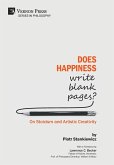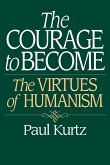Has the mainstream media been careless in reporting on the issue of euthanasia? As the Right to Die and Physician Assisted Suicide movements gather steam, the national media have been too quick to perpetuate and focus on the medical and legal overtones of death. The ethical, religious, and philosophical dimensions of our increased acceptance of euthanizing the aged, infirm, and disabled are often neglected. Gailey argues that the press's failure to enrich public discourse may well erode its trustworthiness in the public's eye. Using abundant examples from analysis of elite, mainstream news publications, Gailey details how the national press systematically advanced pro-euthanasia views and interpretations, while marginalizing or omitting pro-life perspectives and frames. The battle over legalizing passive and active euthanasia has enormous social, economic, and ethical implications. An understanding of how the news media frame or package such issues for public consumption is critical. Gailey's integrative approach combines an exploration of the major historical, ideational, and economic factors leading to the rise of the Right to Die movement, and includes in-depth analysis of the media's framing of the controversy in the two decades Karen Ann Quinlan's coma in 1975 to Dr. Jack Kevorkian's 1999 conviction.
Hinweis: Dieser Artikel kann nur an eine deutsche Lieferadresse ausgeliefert werden.
Hinweis: Dieser Artikel kann nur an eine deutsche Lieferadresse ausgeliefert werden.








